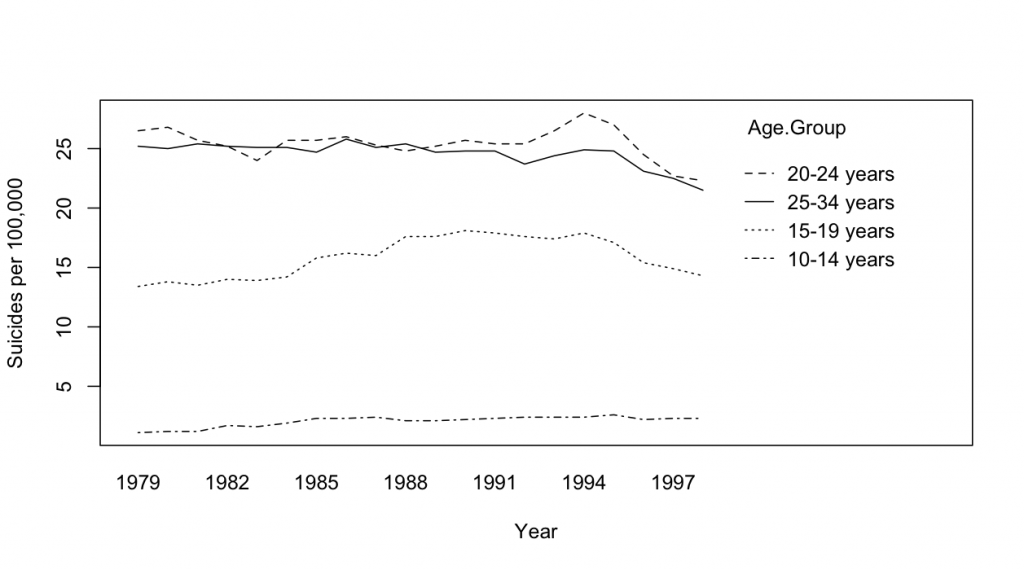The Herald has a headline “Scientists call for urgency on cancer-phone link”. The actual content is ok, but the story does give the impression that it’s scientific consensus vs evil cellphone companies, which is not remotely true. There’s a more balanced story in the Daily Mail (and that’s not a sentence you want to find yourself writing too often).
The facts: there has been an increase in frontal lobe and temporal lobe brain tumours in the UK over the past decade, though not in total brain tumours. If you lump together the two regions of the brain with increases and exclude all the ones with decreases, you get about a 50% increase in rates, which comes to a bit less than one extra case per 100,000 people per year. For context, that’s a bit less than the estimates of numbers of deaths due to phone use while driving. There was a Danish study last year that did not find any differences between cell phone users and non-users, or differences in side of the head for users, but that doesn’t quite contradict the British results, for two reasons. Firstly, there’s quite a bit of uncertainty in both sets of estimates, and they are just about compatible with, say, a 25% increase. Secondly, the Danish study was mostly of non-malignant tumours, which are the most common ones, and the British statistics are for malignant tumours, so it’s possible the effect could be different, though there’s no known reason that it should be.
The increase could be chance (it’s statistically significant, but still), or an increase in diagnosis, or be due to something else entirely. Or it could, perhaps, be due to cellphones. In order to be confident it is cellphones we’d need much better evidence, especially as there isn’t really a convincing story yet of how cellphones could promote tumour growth.
The obvious textbook example of time trends revealing a cancer cause is smoking and lung cancer: smoking took off during World War I and lung cancer rates followed. Except that really isn’t the story. When Richard Doll and Austin Bradford Hill set out to do their pioneering case-control study of lung cancer in London they were both smokers. They were expecting the increases in lung cancer to be something to do with the dramatic increase in cars and bitumen roads — perhaps car exhaust, or perhaps some of the pollutants that evaporate off as roads are laid. The real explanation was enough of a surprise that they were planning to extend the study to four additional cities as confirmation before publishing (until confirmation came instead from a parallel US study). In that case the relative risk was 20 rather than 1.5, and the absolute lifetime risk increase was about 15% rather than about 0.05%, so it was a lot easier (and much more important) to find the real cause.
The anti-cellphone scientists argue that it’s worth taking steps to reduce cellphone exposure even though the evidence is pretty weak, and they have a point. The main step they propose is using a headset, preferably wired. Lots of people are already doing that — if your phone is also your music player, then headphones are an obvious necessity even if they don’t provide any protection from brain cancer.

